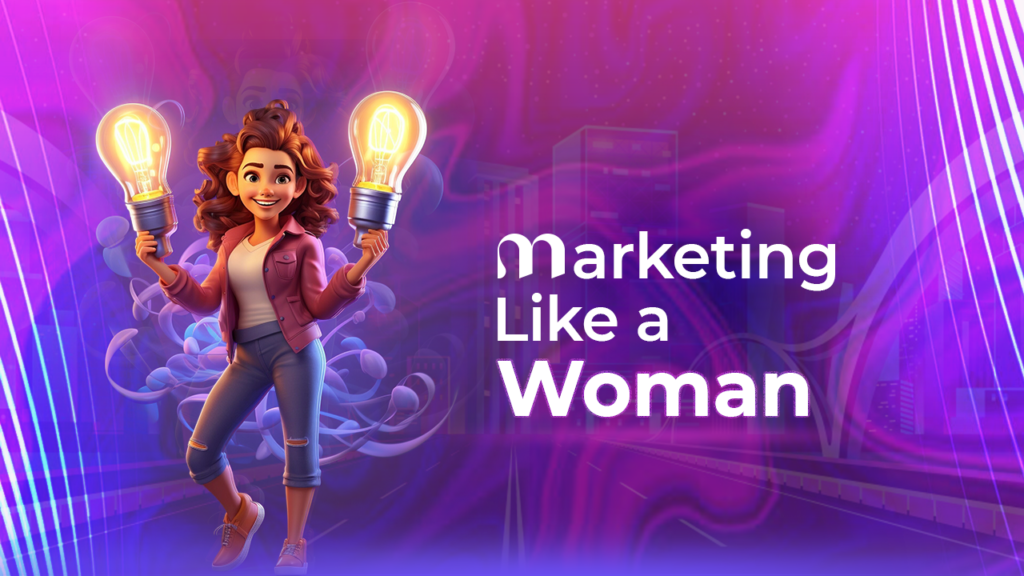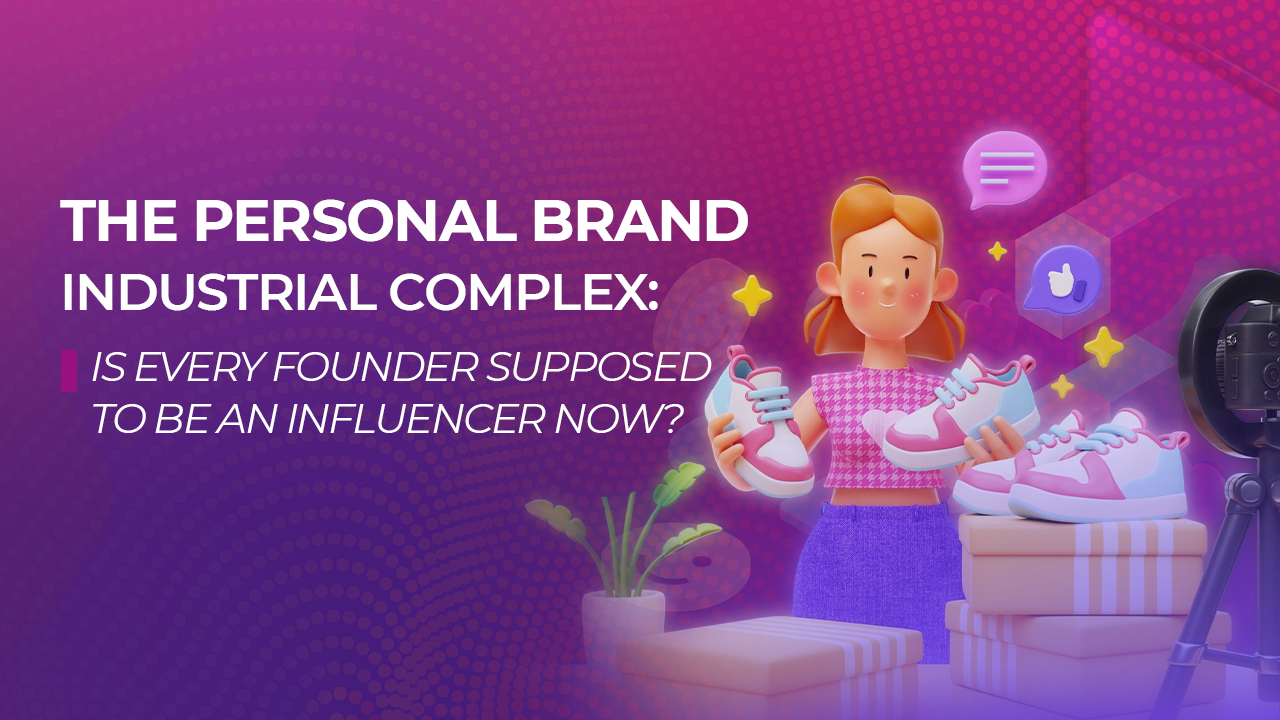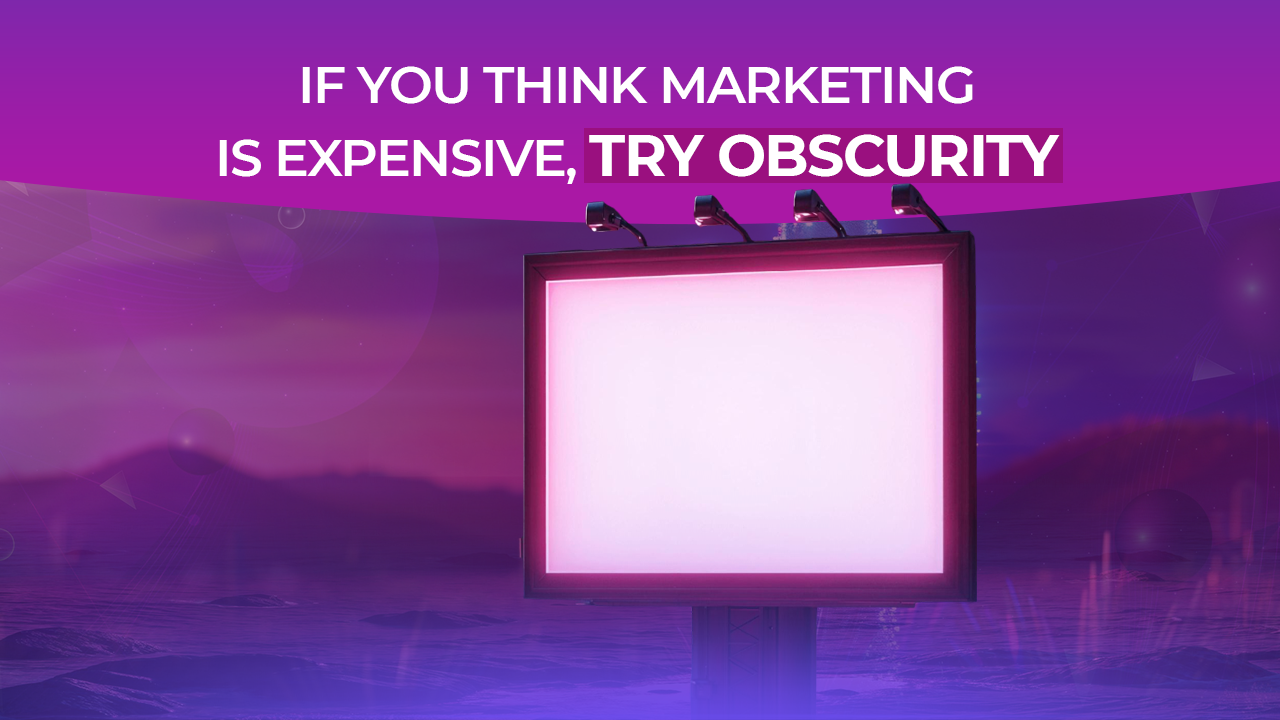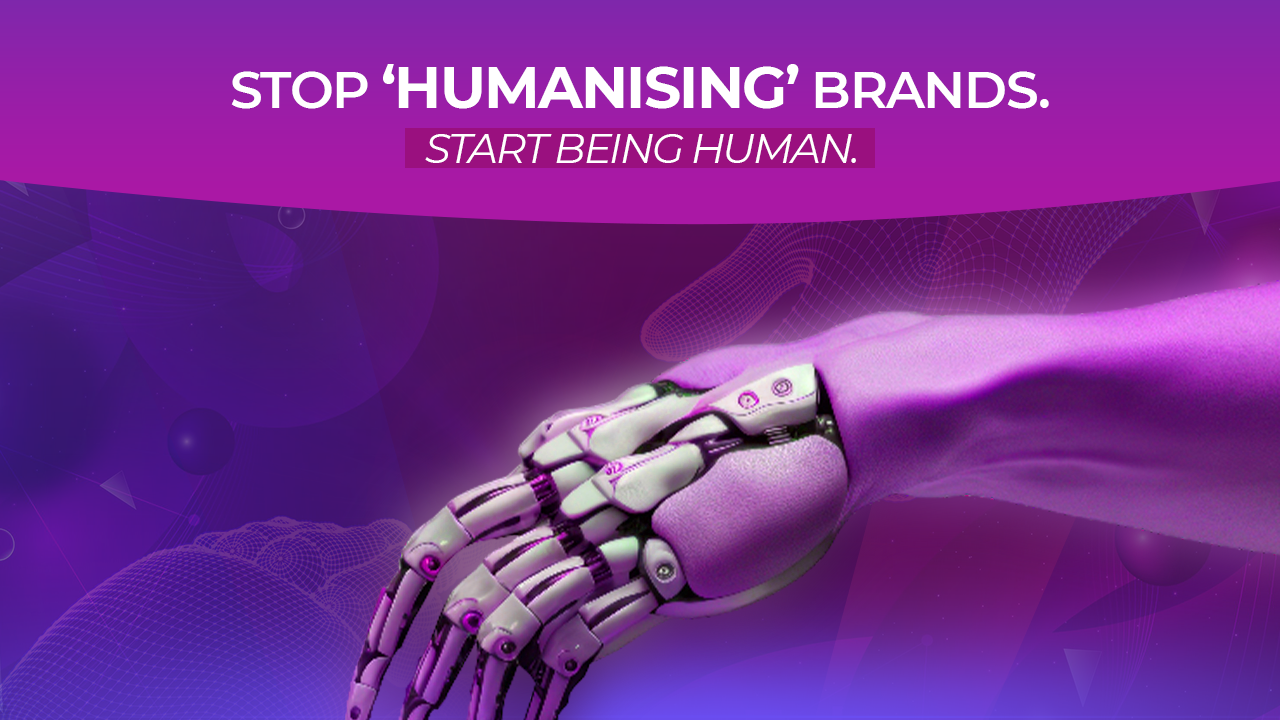 Back to Blogs
Back to Blogs
Marketing Like a Woman; The (Unfair) Advantage No One Talks About

Marketing is about people. Always has been.
But somewhere between the data deep dives, funnel optimisations and AI-generated content, we’ve started treating people like pixels instead of, well, people. And if there’s one thing that’s been mastered over the years, it’s understanding people.
No, this isn’t one of those “women are naturally better at communication” clichés. It’s about recognising that the qualities traditionally associated with women; empathy, intuition and emotional intelligence are not just nice-to-haves; they’re competitive advantages in digital marketing. And in an age where consumers crave authenticity, these skills are becoming more valuable than ever.
⇥ Why Feeling (Not Just Selling) Wins
For decades, marketing has been all about the hard sell. Flashy campaigns, aggressive CTAs and the occasional guilt trip for good measure. But today, audiences aren’t buying into that anymore (literally). They want to feel seen, heard and understood. And this is where women, by design or by necessity, thrive.
Empathy in marketing is about understanding the customer beyond the data points, what frustrates them, what excites them, what makes them stop scrolling at 2 a.m. When brands tap into this, they build deeper connections that translate into loyalty, engagement and actual conversions (because at the end of the day, we still need to sell things).
Think about campaigns that stick – Nike’s “Dream Crazier” featuring Serena Williams, Dove’s Real Beauty movement, or even homegrown brands like Tanishq’s bold storytelling on tradition and modernity, and Amul’s iconic ads that capture cultural moments. These campaigns didn’t just sell a product; they spoke to real emotions, real experiences and real people.
⇥ Intuition
Marketing gurus love to talk about data-driven decision-making. And sure, data is powerful, but it doesn’t always tell the whole story. Sometimes, the best marketing decisions come from intuition, the ability to read between the lines, spot trends before they become trends and pivot when something just feels off.
Women, especially those who’ve spent their careers balancing multiple roles, reading the room and predicting what’s coming next (because let’s be real, we always know), have a built-in strategic advantage here. When combined with data, this gut feeling is what makes brands stand out, knowing when to take a risk, when to pull back and when to just go with what feels right.
Now, before anyone asks, does this mean men can’t be empathetic or intuitive marketers? Of course not. But traditionally, marketing has been structured around hard metrics, aggressive strategies and “winning at all costs” approaches. And guess what? Consumers are tired of it. They’re looking for brands that make them feel something; brands that are human.
And this is exactly why marketing, as an industry, is shifting toward the skills that women have been bringing to the table for years. The best campaigns today aren’t the loudest, they’re the most relatable. They don’t talk at people; they talk to them. They don’t push products; they build relationships.
⇥ Marketing Like a Woman (Regardless of Gender)
So, what does this mean for brands (and marketers) moving forward? It means:
- Less robotic content, more meaningful storytelling.
- Less pushy sales tactics, more genuine connection.
- Less “we’ve always done it this way,” more “let’s trust our instincts.”
The future of marketing isn’t about jumping on the next trend. It’s about understanding why people care about something in the first place. And that’s a skill that women have been perfecting for centuries.
So, if your brand is looking to stand out, maybe it’s time to market like a woman. Not because it’s Women’s Day, but because it works. 😉






